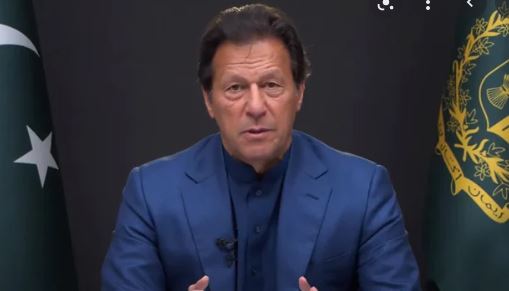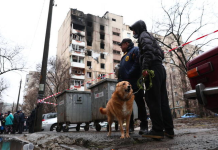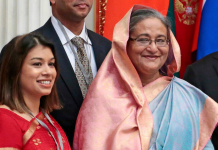ISLAMABAD, Feb 28 (DNA): Prime Minister Imran Khan, in a big initiative to protect the masses from the impact of global inflationary trends, on Monday unveiled a major relief package, including Rs 10 per litre reduction in petroleum prices, Rs 5 per unit cut in electricity tariff and some other measures.
“The government has decided not to increase the prices of petrol and diesel as well as electricity tariff till the next budget,” Imran Khan said in his televised address to the nation.
The prime minister also announced to enhance the cash assistance, provided to eight million families under the government’s Ehsaas Programme, from the current Rs 12,000 to 14,000 to help the poor people.
He announced an internship programme for the unemployed youth, under which those with a graduate degree, would be offered Rs 30,000 per month through a transparent and merit-based system.
The prime minister in his 40-minute speech spoke at length on multiple issues of national importance, including the foreign policy, amendment in the Prevention of Electronic Crimes Act (PECA) Ordinance, and his government’s challenges and achievements including on the economic front.
Imran Khan announced 2.6 million educational scholarships, saying Rs 38 billion would be allocated for the purpose.
He also announced various incentives for the promotion of the information technology (IT) sector, including 100% tax exemption for companies and freelancers, 100 % waiver on repatriation of capital and foreign exchange, and elimination of capital gains tax for startups.
The prime minister said the investment from the overseas Pakistanis, including through joint ventures, would enjoy tax-holiday for five years.
He further said that the government would spend Rs 460 billion for the provision of interest-free loans to the youth under the Kamyab Jawan Programme to start businesses, low-income groups to construct their own houses, and farmers.

















